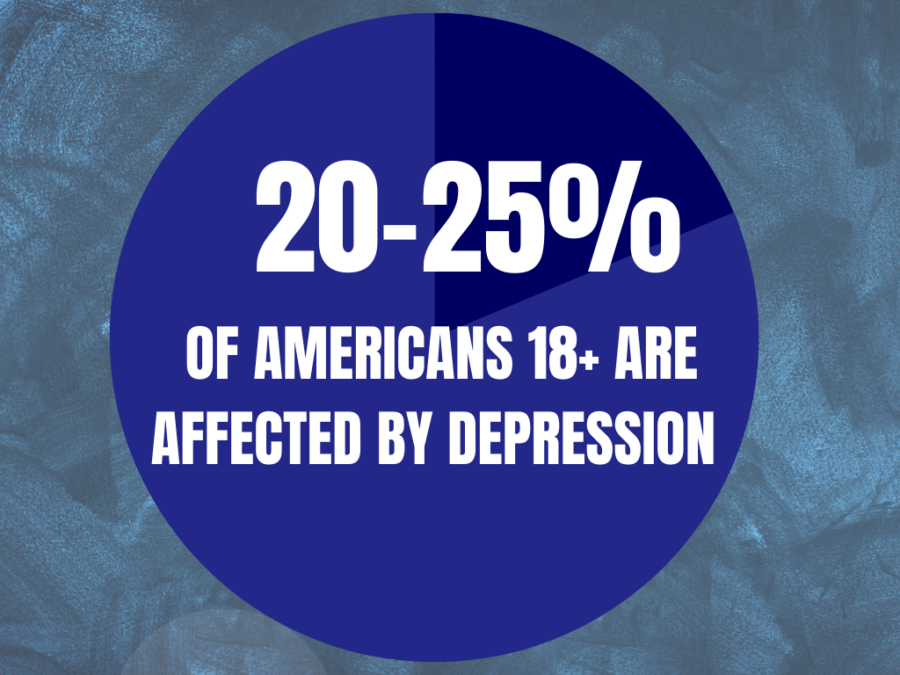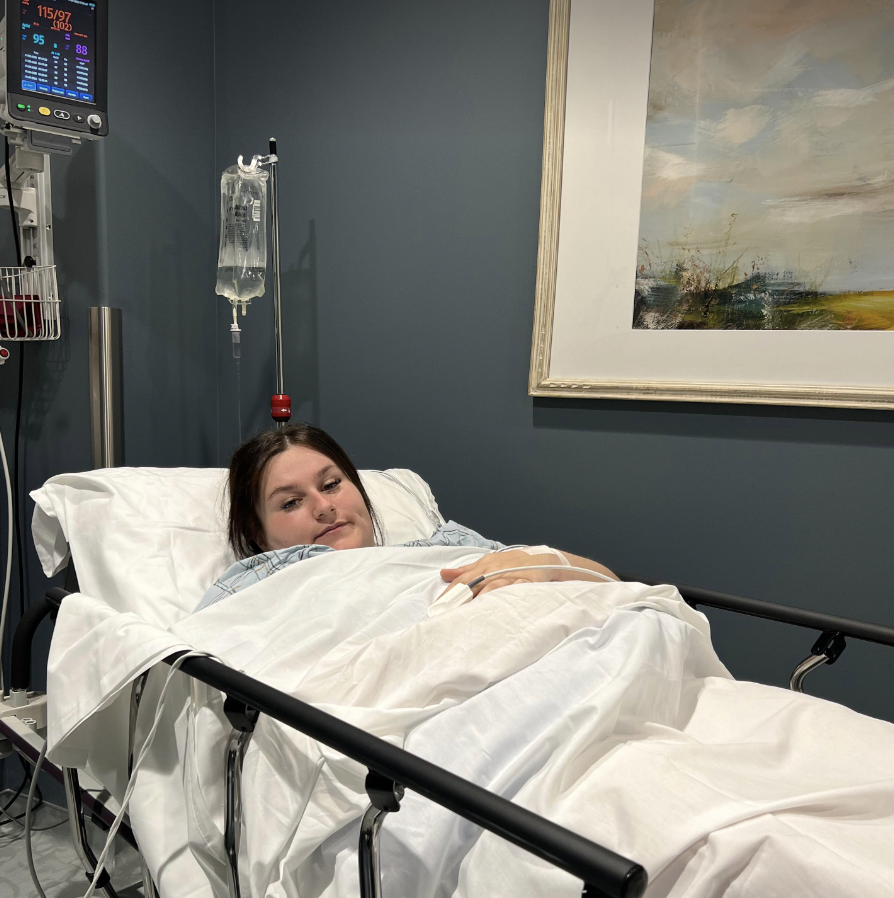For new students seeking an English degree, starting this semester, they’re in for a restructured program, modeled to help students complete their degrees more easily and more efficiently.
English majors at Weber State University have been subject to the same curriculum since the 1980s. This fall, a new system to better benefit both students and professors will be implemented.
The previous curriculum took students through their upper-division courses with in-depth, seminar-style courses at the 3000 level and broad-scope, time-period surveys at the 4000 level. This was, by most accounts, putting the cart before
the horse. The classes, as they were recommended, seemed backward in order.
Students taking the 3000-level seminar often had no understanding of the time period at large because they had yet to take the 4000-level course surveying the time frame. This became a problem, as students in the 3000-level courses lacked the knowledge to truly thrive in class, and the professors often found themselves having to provide a larger sense of the time, drawing focus away from the class’s purpose.
To better benefit students, the department determined this system needed to undergo change.

There were a few determining factors contributing to the change. Not only were the students taking classes in a sub-optimal order, but the system was simply old and dated.
Sally Shigley, professor of English, worked on the Literary Studies Committee to help shape the changes. As for the impetus for the changes, Shigley said, “Since the 1980s, curriculum has been focused on time periods. The old system focuses on breadth, not depth.”
In essence, the curriculum attempted to arm students with a greater understanding of a literary period as a whole — for example, the Victorian period in Britain, a period of nearly a hundred years containing some of the most-known poets and authors in the modern day.
Russell Burrows, a professor of English who headed the committee for a time while working on the changes, confirmed the old system focused on giving a broader sense of history. “The problem faculty noticed was that the old system and its focus on history was leaving gaps in understanding,” Burrows said.
In a survey class, a student would be given a brief overview of, say, the Victorian period. However, to fill their British literature requirements, the student was only required to take two British literature classes. Out of all of British history, this student may be exposed to the Victorian period and, perhaps, contemporary literature, and the student would not have been exposed to anything beyond those two time periods.
These are the large gaps in understanding Burrows described. A student would know a little bit about two periods of time and little beyond those two periods. To address this problem, changes have been made to both the order in which students will be taking classes and to the classes themselves.
English students will now be taking 3000-level survey courses: American Literature I and II, and British Literature I and II. As Burrows pointed out, this condenses the previous 10 courses in American and British literature down to four.
These four courses will attempt to arm students with a sweeping understanding of both literary traditions. Students will be required to take one course in American literature and one in British. Each of the courses will condense information split into multiple classes under the previous system into one course, lightly covering a much broader scope of time.
Scott Rogers, associate professor of English, also worked on the Literary Studies Committee to create the changes. To Rogers, the old system was failing in its basic mission to arm students with a sense of literary history as a whole.
Rogers spoke of having students in his courses knowledgeable about the subject matter at hand but lacking an overarching sense of chronology. “Students would be unable to tell me Shakespeare came before Wordsworth, for example,”
Rogers said.
To address this problem, the new courses will arm students with a strong sense of chronology. A student should leave American Literature I understanding both who prominent American romantic authors were versus American existentialist authors and know when they wrote in relation to one another.
Looking to the future, professors who both worked on the changes and those who didn’t are excited for the possibility of teaching new courses.
The upper-division space is now more open, allowing innovation and a broader working space for professors. Students will now take 18 credit hours from areas of specialization, which include American and British literature and language; world literatures and language; cultural and media studies; and writing and interdisciplinary studies.
Shigley is particularly excited by the ability to teach more interdisciplinary courses. Last spring, Shigley taught an honors course titled Prescriptions for Empathy: Medicine and Literature, which examined works written by caregivers, patients and family in difficult medical situations. Courses like this are much easier to perform outside of the honors level under the new system, as it has an area devoted to interdisciplinary studies for this express purpose.
Rogers eagerly awaits the ability to teach courses with a narrow focus. “There’s a lot of space to kind of work with new and fun courses, like a course on ‘Dracula,’ without having them at a 3000 level,” Rogers said.
The new system will allow a class to simply explore a novel like “Dracula,” which Rogers taught as a part of the Victorian literature course, as the entire focus of the course. Under the old system, a course like this would have to be located at the 3000 level, and students who had not been exposed to the influences acting on Bram Stoker during the Victorian period, when he wrote the novel, would have lacked understanding necessary to grapple with the text.
Under the new system, students will have already been given the historical context, so when they go to take these upper division courses, they will have all the prerequisite knowledge.
Michael Wutz, a Brady Presidential Distinguished Professor of English, didn’t personally work on the changes but is excited nonetheless for the opportunities they bring.
“I genuinely look forward to exploring the new curricular flexibility for us all — faculty and students alike,” Wutz said. “The new curriculum is more resilient and allows faculty to develop more innovative course offerings. Conversely, it allows students to select from a wider variety of course offerings.”
These wider course offerings are an effort to bring Weber State’s English department up-to-date in the modern day.
Hal Crimmel, Brady Distinguished Professor of English and chair of the English department, worked closely on the changes from the start. To Crimmel and much of the faculty, the curriculum also needed to be updated to go beyond a focus on American and British literature.
“Today, literature has much more of a global scope, and we wanted to be able to include that aspect of the discipline into our major. Also, today, English is much more interdisciplinary, encompassing music, film, the environment, gender, popular culture and so forth,” Crimmel said.
The diversification of the upper division courses should allow all of this while encompassing the requisite foundation students need by providing the historical context and broader understanding of the English literary tradition.
Finally, students who started their English degree prior to this fall have nothing to worry about regarding the completion of their degree. Students with an in-progress degree simply
have to complete the program they began when they declared their majors.
The old survey courses at the 4000 level will continue to be offered as long as students need to take them. Additionally, Crimmel affirmed that these students will be able to complete one of the newer surveys in place of an old one — in fact, new students will be able to take an older survey instead of a new one, if they
so desire.
Ultimately, the future holds much promise and opportunity for the English department. The new system should ease students’ degree completion and allow them to approach courses with a better understanding of literature as a whole, while allowing professors to innovate and devise new and exciting courses to offer.














